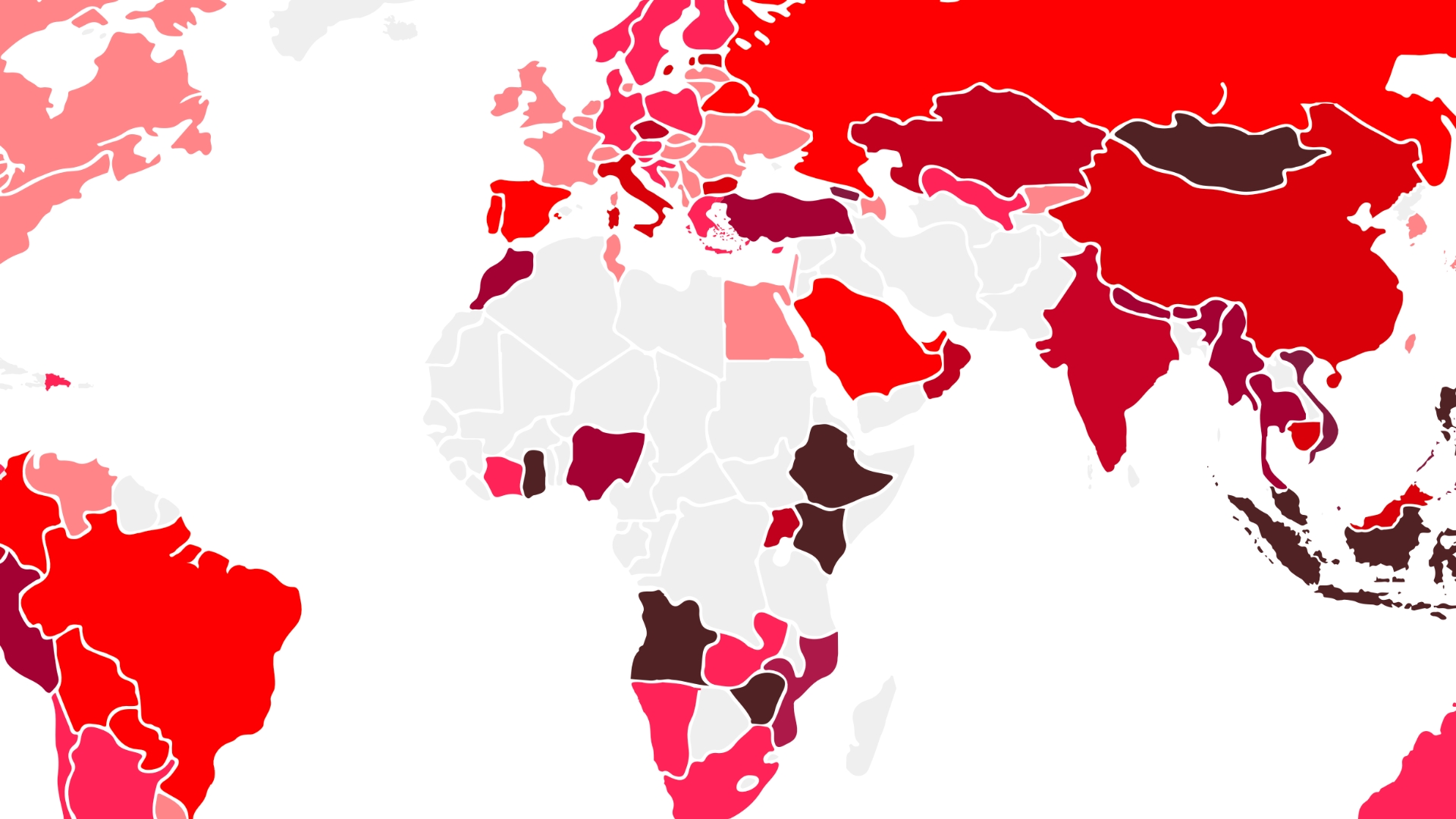Piracy Strikes Sundance: Festival Pulls 'Twinless' and More from Streaming
As film festivals continue to explore new ways to adopt (and even just exist) in the modern age of streaming, they are also discovering that the World Wide Web is much more open and perhaps more dangerous than the tightly controllable confines of an in-person film festival.Sundance has announced that two films have had to be pulled from the festival’s streaming site due to piracy. The films in question are James Sweeney’s standout heartfelt comedy Twinless and Isabel Castro’s documentary on Selena Quintanilla Selena y Los Dinos.Let’s examine what we know about these piracy concerns, Sundance’s statement on them, and how this might affect the film festival’s online options in the future.Sundance Film Festival Streaming SiteIntroduced back during the days of COVID-19, Sundance has offered a streaming portal for going on five years now. And while the future of Sundance’s physical location might be in question, it didn’t seem like Sundance’s online presence was trending in any direction besides up. Online streaming options are a great way for larger audiences to participate in festivals with limited theater seats and hotel room options. Still, as anyone who’s ever viewed press screeners or participated in online festivals can tell you, there have been many approaches to combat piracy or other illegal downloads or streams. Yet, despite Sundance’s digital security efforts, it seems like some online have found ways to share the films online, which obviously goes against the festival’s guidelines and the wishes of the filmmakers.Statement from SundanceAs seen in other reports online, Sundance has shared a statement on the situation that confirms that films like Twinless were a victim of copyright infringement and that the festival, in partnership with the filmmakers, has made the decision to remove the film from the online platform. The film Twinless was a victim of some copyright infringement on various social media platforms, therefore the Festival in partnership with the filmmakers have made the decision to remove the film from the Sundance Film Festival online platform. We regret that online ticket holders will no longer be able to access the film. For any single ticket holder who has not yet viewed the film, your account will reflect a voucher so you may select another film to screen. We intend to keep the Sundance Film Festival platform fully available for all remaining films. We acknowledge and regret the disappointment this may cause. However, part of our commitment to advocating for independent filmmakers is ensuring that they can protect the art that they have created — now and in the future. We take copyright infringement extremely seriously and intend to fully cooperate with local, state, and federal law enforcement on all piracy-related issues. The response is not surprising and within the wishes of the filmmakers. Yet, it’s not an ideal situation for any parties involved as it hurts audiences and filmmakers alike.How Will Festivals Adapt?Sadly, this whole situation calls into question whether or not festivals should continue offering online streaming options. As mentioned above, remote festival attendance is a great way for festivals to grow beyond the limitations of their locations and venue sizes. It also allows festivals to operate less regionally and more internationally. Yet, as short-form content platforms continue to rise in popularity and channels continue to share pirated content without censorship or repercussions, it’s hard to see this practice ending anytime soon. Also, without better monitoring and quicker removals, the onus falls on the festivals themselves to spend more time, effort, and resources to better protect their films. Hopefully, festivals in the future will find a way to safely and securely offer streaming options. We’ll keep our eyes on how Sundance decides to move forward with this news in anticipation of next year’s fest—which will be the festival’s potential last one in Park City.


As film festivals continue to explore new ways to adopt (and even just exist) in the modern age of streaming, they are also discovering that the World Wide Web is much more open and perhaps more dangerous than the tightly controllable confines of an in-person film festival.
Sundance has announced that two films have had to be pulled from the festival’s streaming site due to piracy. The films in question are James Sweeney’s standout heartfelt comedy Twinless and Isabel Castro’s documentary on Selena Quintanilla Selena y Los Dinos.
Let’s examine what we know about these piracy concerns, Sundance’s statement on them, and how this might affect the film festival’s online options in the future.
Sundance Film Festival Streaming Site

Introduced back during the days of COVID-19, Sundance has offered a streaming portal for going on five years now. And while the future of Sundance’s physical location might be in question, it didn’t seem like Sundance’s online presence was trending in any direction besides up. Online streaming options are a great way for larger audiences to participate in festivals with limited theater seats and hotel room options.
Still, as anyone who’s ever viewed press screeners or participated in online festivals can tell you, there have been many approaches to combat piracy or other illegal downloads or streams. Yet, despite Sundance’s digital security efforts, it seems like some online have found ways to share the films online, which obviously goes against the festival’s guidelines and the wishes of the filmmakers.
Statement from Sundance

As seen in other reports online, Sundance has shared a statement on the situation that confirms that films like Twinless were a victim of copyright infringement and that the festival, in partnership with the filmmakers, has made the decision to remove the film from the online platform.
The film Twinless was a victim of some copyright infringement on various social media platforms, therefore the Festival in partnership with the filmmakers have made the decision to remove the film from the Sundance Film Festival online platform. We regret that online ticket holders will no longer be able to access the film.
For any single ticket holder who has not yet viewed the film, your account will reflect a voucher so you may select another film to screen. We intend to keep the Sundance Film Festival platform fully available for all remaining films.
We acknowledge and regret the disappointment this may cause. However, part of our commitment to advocating for independent filmmakers is ensuring that they can protect the art that they have created — now and in the future.
We take copyright infringement extremely seriously and intend to fully cooperate with local, state, and federal law enforcement on all piracy-related issues.
The response is not surprising and within the wishes of the filmmakers. Yet, it’s not an ideal situation for any parties involved as it hurts audiences and filmmakers alike.
How Will Festivals Adapt?
Sadly, this whole situation calls into question whether or not festivals should continue offering online streaming options. As mentioned above, remote festival attendance is a great way for festivals to grow beyond the limitations of their locations and venue sizes. It also allows festivals to operate less regionally and more internationally.
Yet, as short-form content platforms continue to rise in popularity and channels continue to share pirated content without censorship or repercussions, it’s hard to see this practice ending anytime soon. Also, without better monitoring and quicker removals, the onus falls on the festivals themselves to spend more time, effort, and resources to better protect their films.
Hopefully, festivals in the future will find a way to safely and securely offer streaming options. We’ll keep our eyes on how Sundance decides to move forward with this news in anticipation of next year’s fest—which will be the festival’s potential last one in Park City.











































































